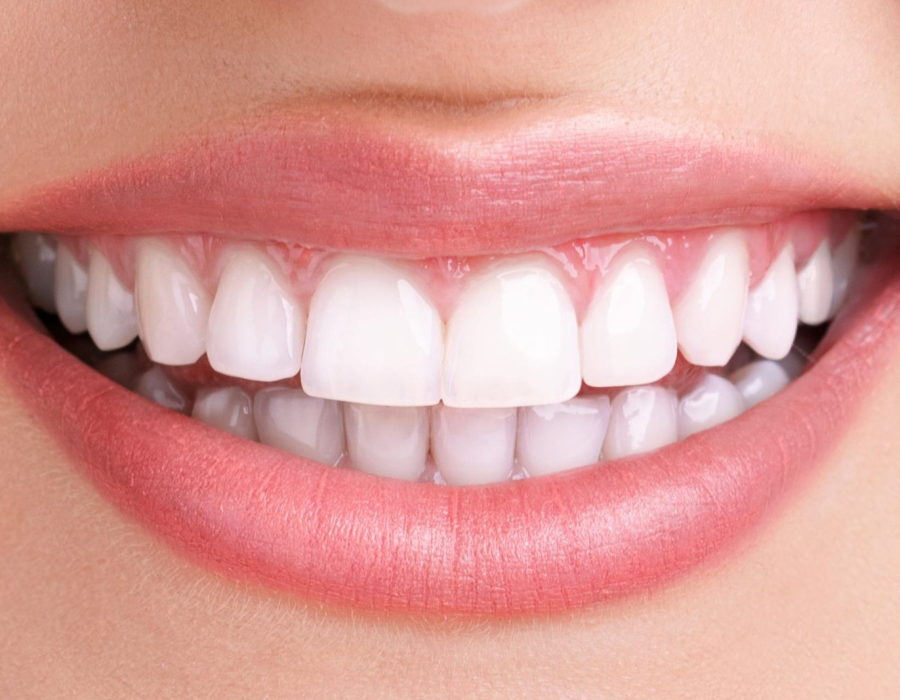A bright, radiant smile can boost your confidence, but individuals with sensitive teeth often hesitate to try teeth whitening. Concerns about discomfort or increased sensitivity are valid. However, understanding the process and taking precautions can ensure safety. Teeth Whitening in Dubai(تبييض الأسنان في دبي) emphasizes the effectiveness of modern whitening techniques.
Understanding Teeth Sensitivity:
Teeth sensitivity occurs when the protective enamel wears away, exposing the dentin layer or nerves underneath. This condition can cause discomfort when consuming hot, cold, or acidic foods. Teeth whitening products, especially those with high peroxide levels, can potentially exacerbate this sensitivity. Knowing how whitening interacts with sensitive teeth is the first step to making an informed decision.
Types of Whitening Options:
There are various methods to whiten teeth, each with differing levels of intensity. Whitening toothpaste, strips, and trays are popular at-home choices, while laser whitening and custom treatments provide professional-grade results. For those with sensitive teeth, selecting options with lower peroxide concentrations or shorter application times can help mitigate discomfort.
Ingredients to Watch For:
Understanding the ingredients in whitening products is crucial. Hydrogen peroxide and carbamide peroxide are common active agents. While effective, they can irritate exposed dentin. Opt for products with added desensitizing agents like potassium nitrate or fluoride, which can provide a protective layer and soothe sensitivity during the whitening process.
How Whitening Works on Sensitive Teeth:
Whitening solutions penetrate the enamel to break down stains within the dentin. For individuals with thinner enamel, this penetration may feel more intense. Innovations in whitening have led to gentler formulas designed for sensitive teeth, allowing you to achieve a brighter smile without compromising comfort.
Precautions Before Whitening:
Before starting any whitening regimen, evaluate the health of your teeth. Repairing weakened enamel through remineralizing toothpaste or sensitivity treatments can create a stronger foundation. Additionally, following a whitening schedule that includes rest periods for your teeth can prevent overexposure to whitening agents.
Post-Whitening Care:
After whitening, maintaining your results is essential to avoid frequent treatments. Reduce intake of staining beverages like coffee or wine, and brush with a soft-bristled toothbrush using non-abrasive toothpaste. These habits not only preserve your whitening results but also protect sensitive teeth from further damage.
Alternatives for a Gentle Glow:
If teeth whitening still feels intimidating, explore alternative methods for a natural, gentle enhancement. Regular cleaning, polishing, and adopting a whitening-focused oral care routine can gradually improve brightness without causing discomfort. These practices ensure that sensitivity doesn’t hinder your journey toward a stunning smile.
Conclusion:
While teeth whitening can be safe for sensitive teeth, it requires careful planning, product selection, and post-treatment care. By choosing sensitivity-friendly options and adhering to preventive measures, you can achieve a dazzling smile with confidence.






Comments